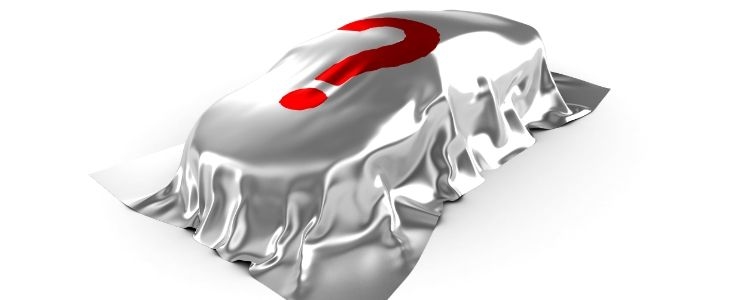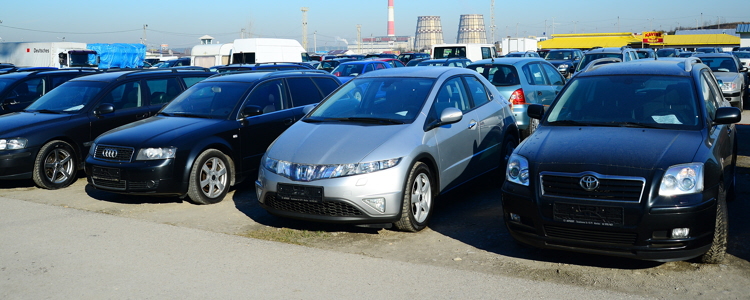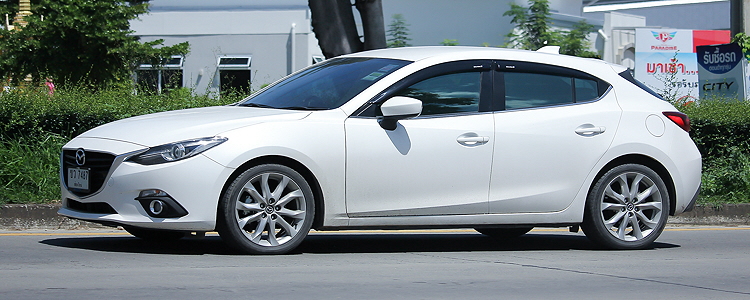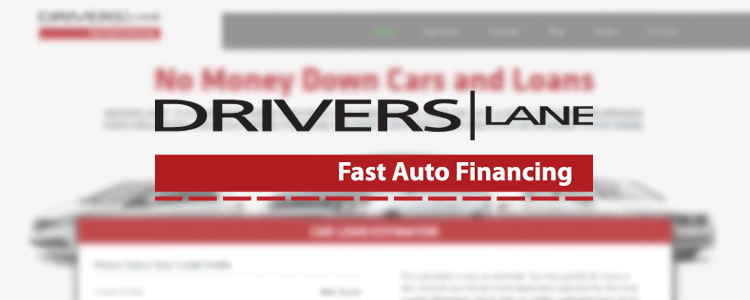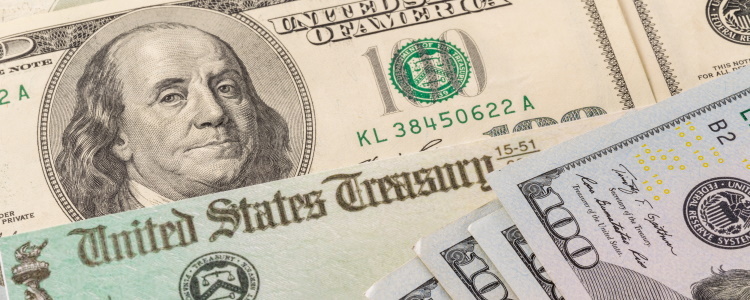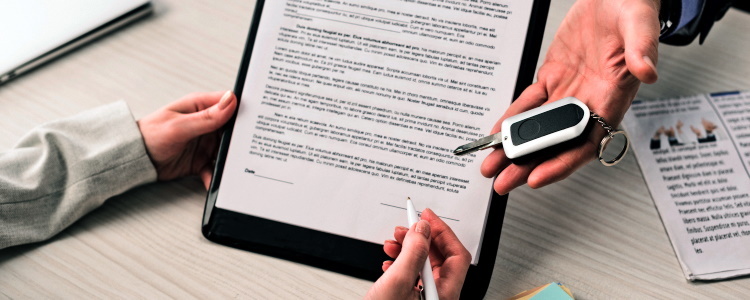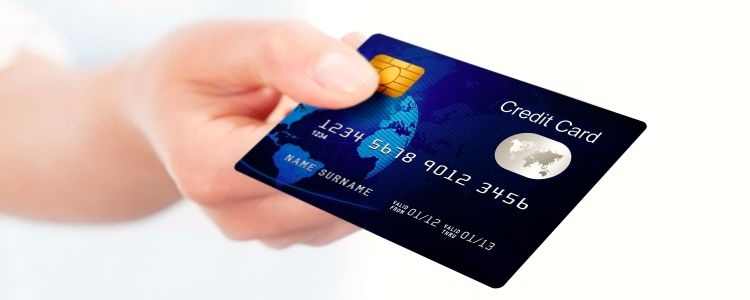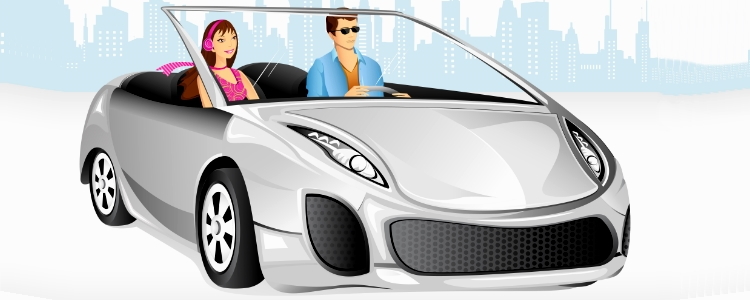When you have bad credit and are on a budget, buying a used car seems like the most logical route to go. It certainly can be, and you need to consider a number of things before you head to a dealership to pick out a used vehicle on the lot. As you do your research, consider these five used car buying tips.
1. Your Needs
What do you need out of a vehicle? Consider your driving habits, such as how many miles you drive on an average day, how many people are in the car on a regular basis, and if you plan to use it for road trips.
Don’t pick a used vehicle based on looks, think about what is going to work best for you every day. If you have a family, consider something with space like a minivan or crossover; if you’re the only one using the car, opt for a sedan.
2. Your Budget
 When budgeting for a used vehicle, consider the overall cost of car ownership including fuel, maintenance, and insurance – the selling price is just one aspect.
When budgeting for a used vehicle, consider the overall cost of car ownership including fuel, maintenance, and insurance – the selling price is just one aspect.
Research different used vehicles and their average prices, and use online calculators to get an estimate on what you can afford. Also, research average interest rates for your credit score range. Just what your interest rate is going to be depends on the lender, but getting an idea of what to expect can better help you budget for an auto loan.
If you’re dealing with bad credit, you also need to budget for a down payment, which is typically required. The specific down payment amount you need varies by lender. If you're working with a subprime lender, they usually require a down payment of $1,000 or 10% of the car’s selling price, whichever is less.
3. Car’s History
Because you’re buying used, you need to check the vehicle’s history report. Vehicle history reports show critical information such as ownership, title type, insurance claims, accident reports, odometer history, and more. You can get this information through Carfax or AutoCheck, which are the two most prominent vehicle history report providers.
The more information you have about a car and what it’s been through, the more peace of mind you’re going to have when you decide to buy it.
4. Condition Check
Walk around and inspect any used vehicle you’re considering. Open and close all doors, the hood, and the trunk, and push every button and switch you see. Make sure everything works, then take it on the road for a test drive.
When driving, turn off the radio and listen for any odd noises, and pay attention to how the car feels when you drive it. If you’re unsure about something, ask questions.
Once you’ve checked out the vehicles yourself, taken them for a test drive, and narrowed it down to one, you need to have it looked at by a certified mechanic. Everything may seem fine on the surface and on paper, but a mechanic is able to dig deeper and find any problems typical buyers can't spot.
After that, you can make a well-informed decision on whether or not this is the used car for you.
5. Finding the Right Car Dealership
The last thing you need to consider is the type of dealer you plan on working with. When you have bad credit, your options may be limited, and your bank or credit union may not be willing to offer you a loan.
Luckily, there are special finance and buy here pay here dealerships that specialize in financing bad credit car buyers. Even better, Drivers Lane can connect you to one near you.
We help people dealing with credit issues find financing using our nationwide network of special finance dealers. Get the process started today by filling out our free and easy auto loan request form. It only takes a few minutes of your time, and it doesn't put you under any obligation.



